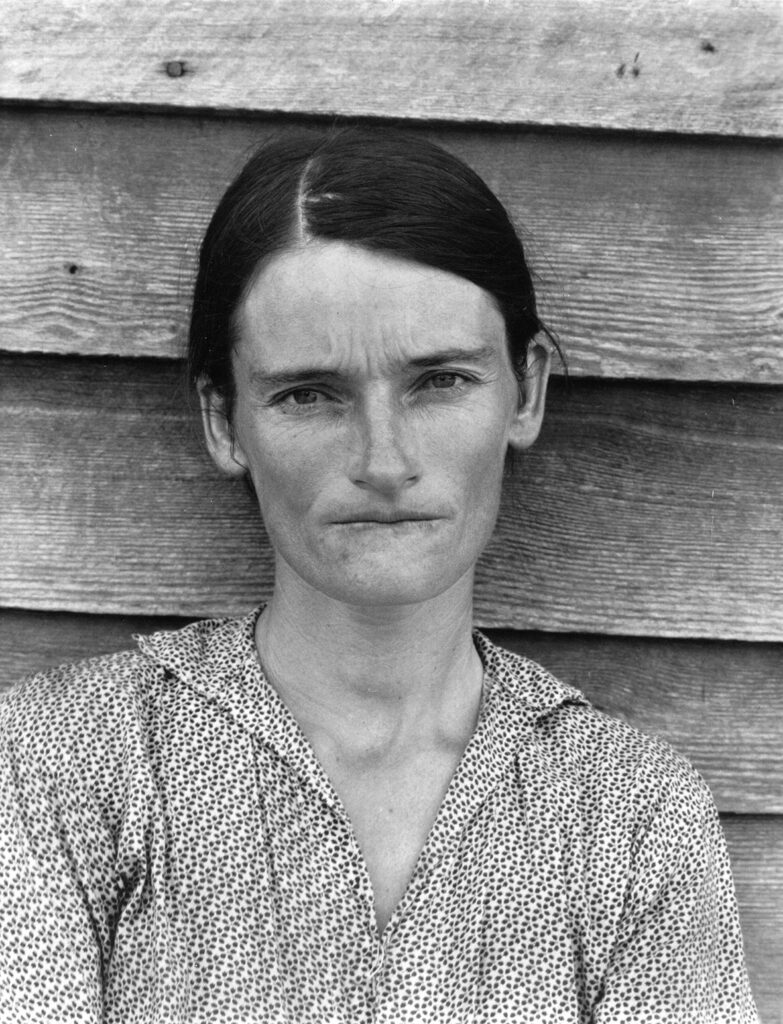
Michael Mandiberg, Untitled (AfterSherrieLevine.com/2.jpg), Website, Digital Image 3250px x 4250px (at 850dpi), and certificate of authenticity CC BY-SA 2001. Courtesy of the artist.
What insightful connections can be drawn between the history of photography and today’s media habitat? Should they rely exclusively on discourse-modalities like ‘analogue’ and ‘digital’? And must these modalities, with their corresponding technologies, always be mutually exclusive? The zero-sum distinctions through which photography has traditionally been narrativized prevent us from properly theorizing other forms of media and art that have emerged since the advent of photography or from it. Instead, a properly defined ‘post-post-photographic’ enquiry should seek other networks for its operational cultures and contexts of production. This paper develops alternative definitions of photography as a prototypical form of media art. Such definitions no longer ascribe higher value to the creation of individual images but instead critically explore and transform the broader theoretical and technological contexts in which images are currently being created, whether these are electronic, digital, interactive or networked.